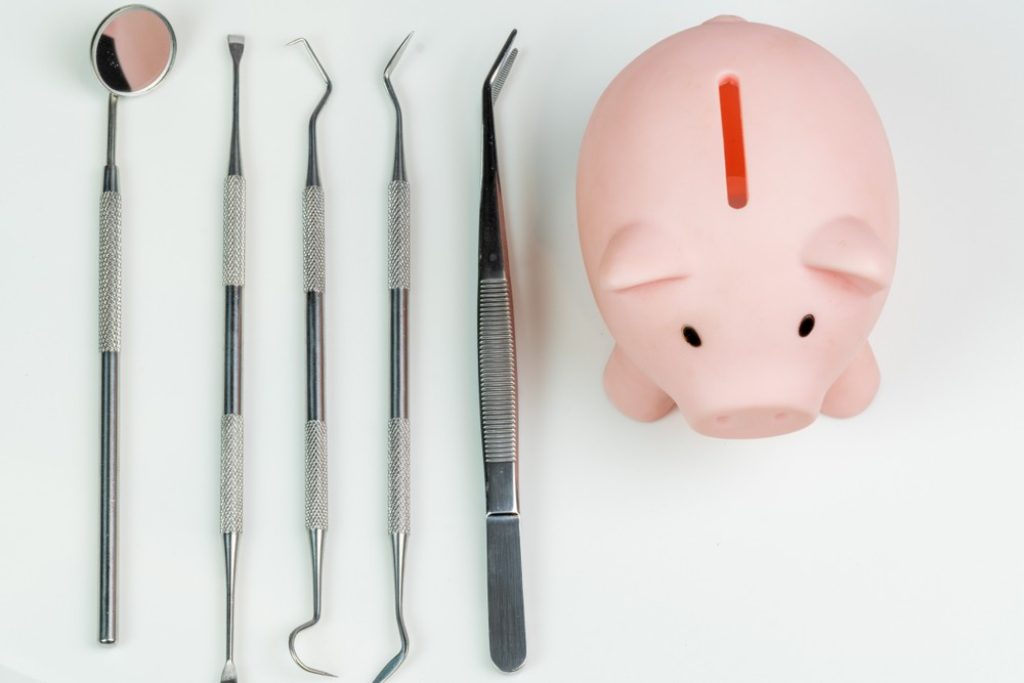How to Find A Low – Cost Dental Clinic
Have your teeth been aching a lot lately, making it hard to chew your food comfortably? Are they very yellow or out of alignment? If so, then it’s time to schedule an appointment with a dentist. Receiving dental care is crucial for maintaining good oral health and hygiene.
Related Topics (Sponsored Ads):
Dentistry Ad Block Content
Dentistry Ad Block Content
Dentistry Ad Block Content
Dentistry Ad Block Content
The only problem is, taking care of our teeth is usually a very pricey endeavor, especially for individuals with limited financial resources or a tight budget. After a while, if dental problems are left untreated, this eventually leads to a number of mouth related issues and diseases such as cavities, gingivitis and receding gums. Apart from the discomfort, these diseases can then result in various difficulties related to work and personal life.
Fortunately however, there is good news – If you know what to do and where to go, there are now local low-cost or free dental clinics available that provide essential dental services to those in need, provided that they meet the required conditions of eligibility. For instance, if you don’t have a job, earn below a certain amount per month, or are of a certain age group, you may qualify for a significant price reduction. In some cases, you might even get it free of charge altogether. So, where can one go to care for their pearly whites without breaking their wallet or proverbial teeth? Search no further. Keep reading to discover just how you can find such dental clinics, along with the various services and benefits that they offer.

Research Local Resources
Contact Local Health Departments: Start by reaching out to your local health department. They usually possess a list of more affordable dental clinics in the area. The health department can also provide valuable information about eligibility requirements and services offered as well.
Utilize Online Directories: Browse online directories that specialize in listing dental clinics. Websites like the American Dental Association’s (ADA) Health Resources and Services Administration (HRSA) can help you locate clinics based on your location.
Seek Assistance from Charitable Organizations
Reach out to Nonprofit Organizations: Many nonprofit organizations all across the country focus on providing dental care to struggling individuals. Contact organizations such as Mission of Mercy, Give Kids a Smile, or Dental Lifeline Network to inquire about low-cost dental clinics in your area. These organizations may also be able to provide valuable guidance on eligibility and required documentation.
Turn to local Community Clinics: Community clinics often provide dental services at reduced costs or on a sliding fee scale based on income. Research community clinics in your area and inquire about their dental programs. They may also offer comprehensive dental care, including cleanings, fillings, extractions, and even dentures.
Contact Dental Schools
Dental schools and training institutions frequently offer dental services at significantly lower rates. Contact nearby dental schools and inquire about their student clinics. These clinics are supervised by experienced dental professionals and provide treatments at reduced costs. While the services may take considerably longer than others due to being carried out by learning students, they often offer a more comprehensive range of dental care than other places.
Explore Government Assistance Programs
Look into Medicaid coverage. Medicaid is a federal and state program that provides medical and dental coverage for low-income individuals. Check if you qualify for Medicaid and inquire about dental services covered under the program. Many dental clinics accept Medicaid members, ensuring access to affordable dental care.
If you are a parent, the Children’s Health Insurance Program (CHIP) would be a great option for you. (CHIP) is a state-run program that provides health and dental coverage for children. CHIP coverage often includes dental exams, cleanings, and necessary treatments.
Dental Services Provided
1. Routine Dental Exams and Cleanings: Low-cost dental clinics typically offer routine dental exams and cleanings to maintain oral health. These services include dental check-ups, professional cleanings, and X-rays.
2. Basic Dental Treatments: Clinics often provide basic dental treatments such as cavity fillings, extractions, and root canals. These services address common dental problems and alleviate pain or discomfort.
3. Preventive Care and Education: Dental clinics emphasize preventive care by educating patients on proper oral hygiene practices. They may offer fluoride treatments, sealants, and oral health education to prevent dental issues.
4. Dentures and Prosthetics: Some clinics offer services related to dentures and prosthetics. They may provide consultations, fittings, and adjustments for dentures or bridges at reduced costs.
Eligibility Requirements
– Income Verification: Low-cost dental clinics typically have income-based eligibility requirements. Be prepared to provide proof of income to determine your eligibility, such as recent pay stubs or tax returns.
– Proof of Residence: Many clinics require proof of residency within their service area. This can be established through utility bills, rental agreements, or identification documents.
– Identification and Social Security Number: You will likely need to provide a valid photo ID and your Social Security number as well, in order to verify your identity and eligibility for services.
Final Thoughts
Before scheduling an appointment with your preferred dental clinic, be sure to first inquire about their days and hours of availability, any additional requirements, and what to expect during the visit.
Also, don’t forget to plan ahead of time, as free and low-cost dental clinics often have a very high demand, with limited time and resources. Therefore, you’ll need to be prepared for potentially long wait times. While it may cause some inconvenience, it’s definitely worth the wait, as your oral health is essential and should be treated as a priority.
Related Topics (Sponsored Ads):
Dentistry Ad Block Content
Dentistry Ad Block Content
Dentistry Ad Block Content
Dentistry Ad Block Content





